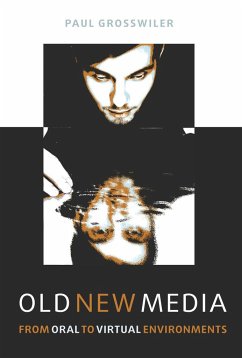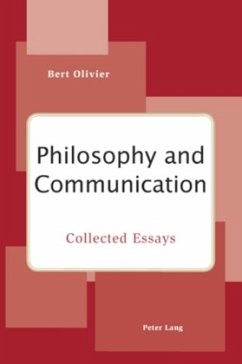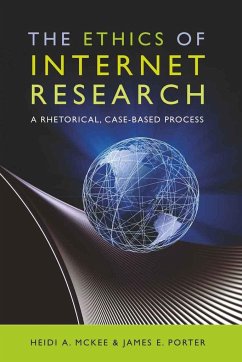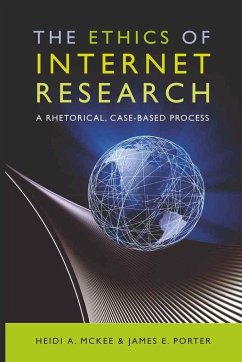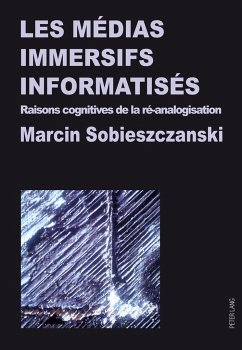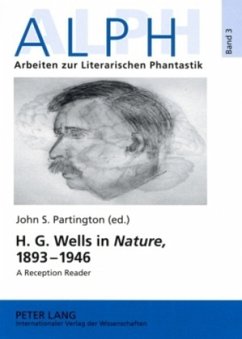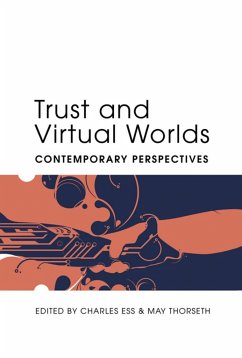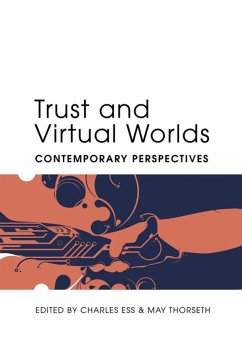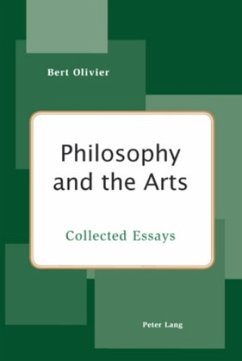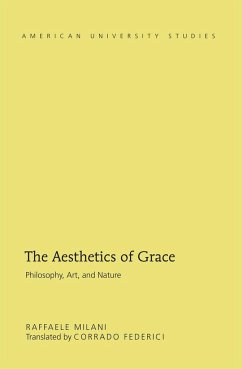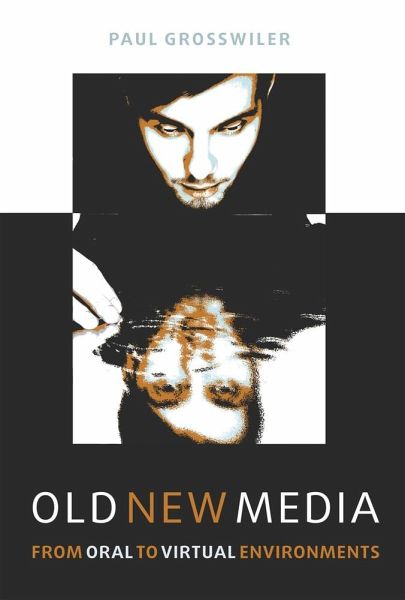
Old New Media
From Oral to Virtual Environments
Versandkostenfrei!
Versandfertig in 6-10 Tagen
155,70 €
inkl. MwSt.
Weitere Ausgaben:

PAYBACK Punkte
0 °P sammeln!
Old New Media examines how the introduction of a new medium threatens those accustomed to the old media environment. Taking a media ecology perspective to examine the historical transitions from oral to literate, print, electronic and virtual media environments, the book includes theoretical chapters and case studies in five areas: media ecology; critical media theory; freedom of expression; Eastern thought; and the body and the media environment. The book argues against the «newness« of each new medium, which is often associated with unprecedented technological change, stating that the patt...
Old New Media examines how the introduction of a new medium threatens those accustomed to the old media environment. Taking a media ecology perspective to examine the historical transitions from oral to literate, print, electronic and virtual media environments, the book includes theoretical chapters and case studies in five areas: media ecology; critical media theory; freedom of expression; Eastern thought; and the body and the media environment. The book argues against the «newness« of each new medium, which is often associated with unprecedented technological change, stating that the patterns of change identified with the most recent smartphone or computer are related to the patterns of change in human perception and social affairs that accompany the electronic media environment. It cautions against condemning the new medium with technological horror as the cause of all of our problems or celebrating it as the technological sublime that will cure all our social ills. If we areaware that media are extensions of the human, we can overcome the alienation and shock they cause, and be sensitive to the fluid boundaries between the human and the technological. The book ends by discussing how new media environments disrupt the balance in our lives and suggests strategies to help restore that balance.





